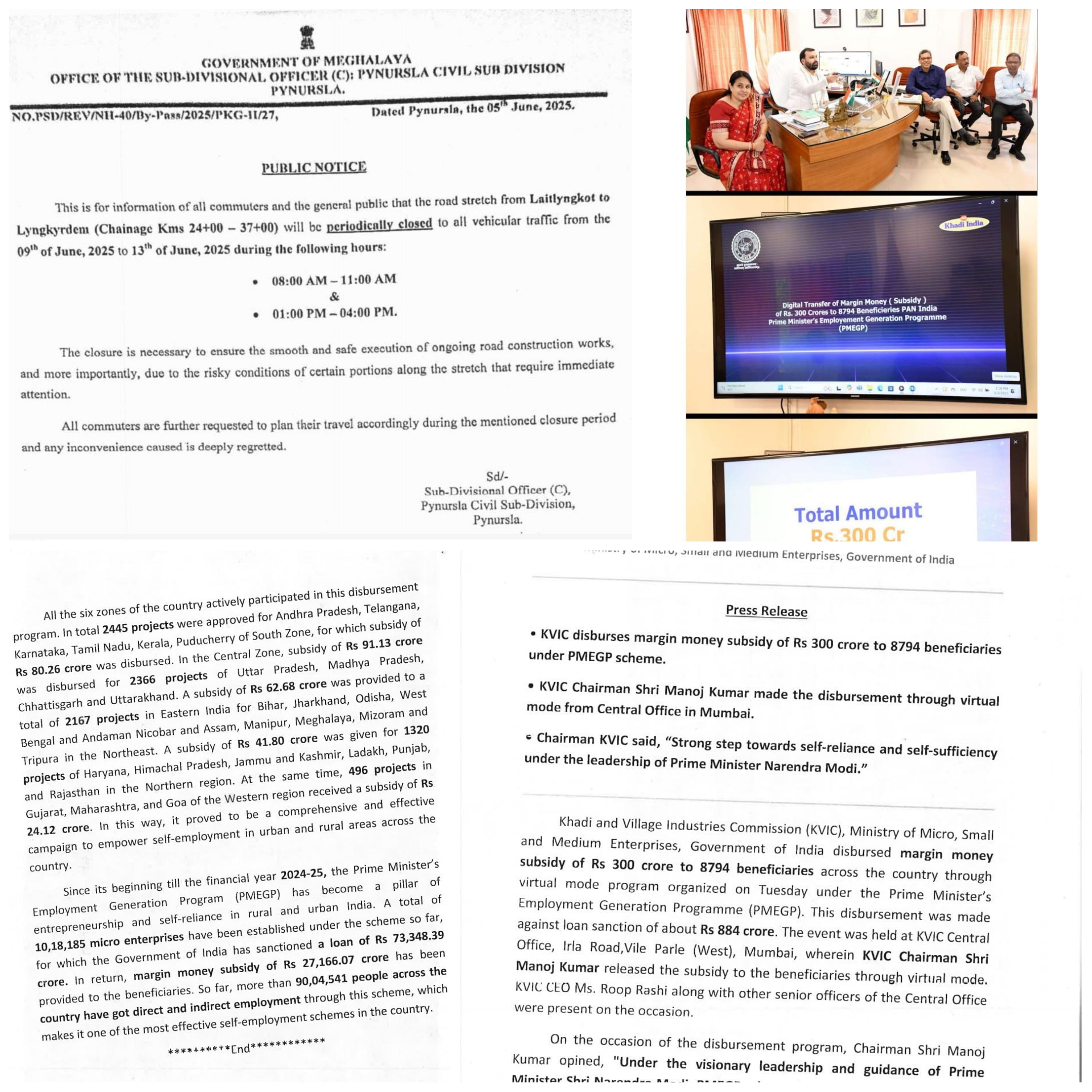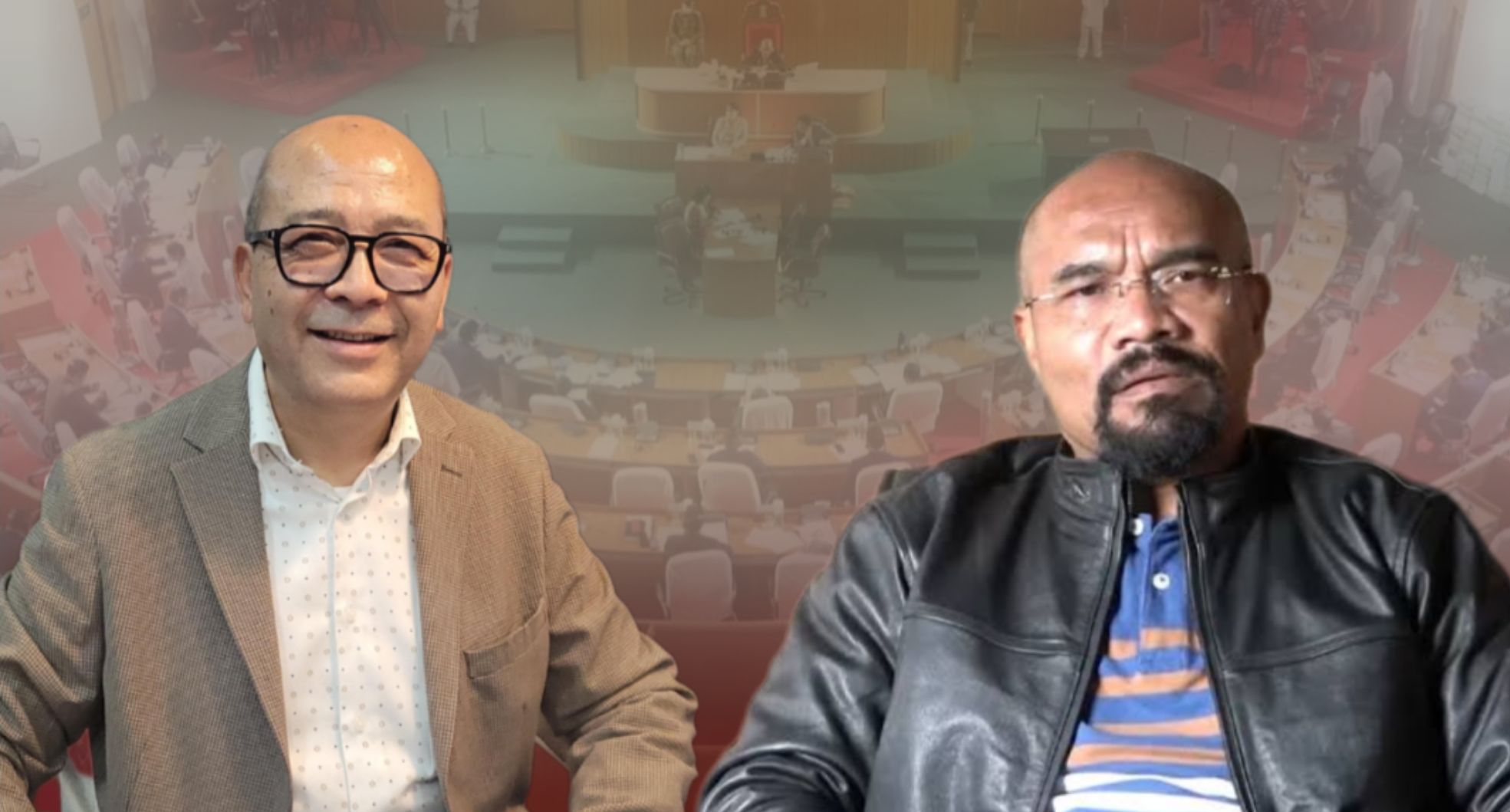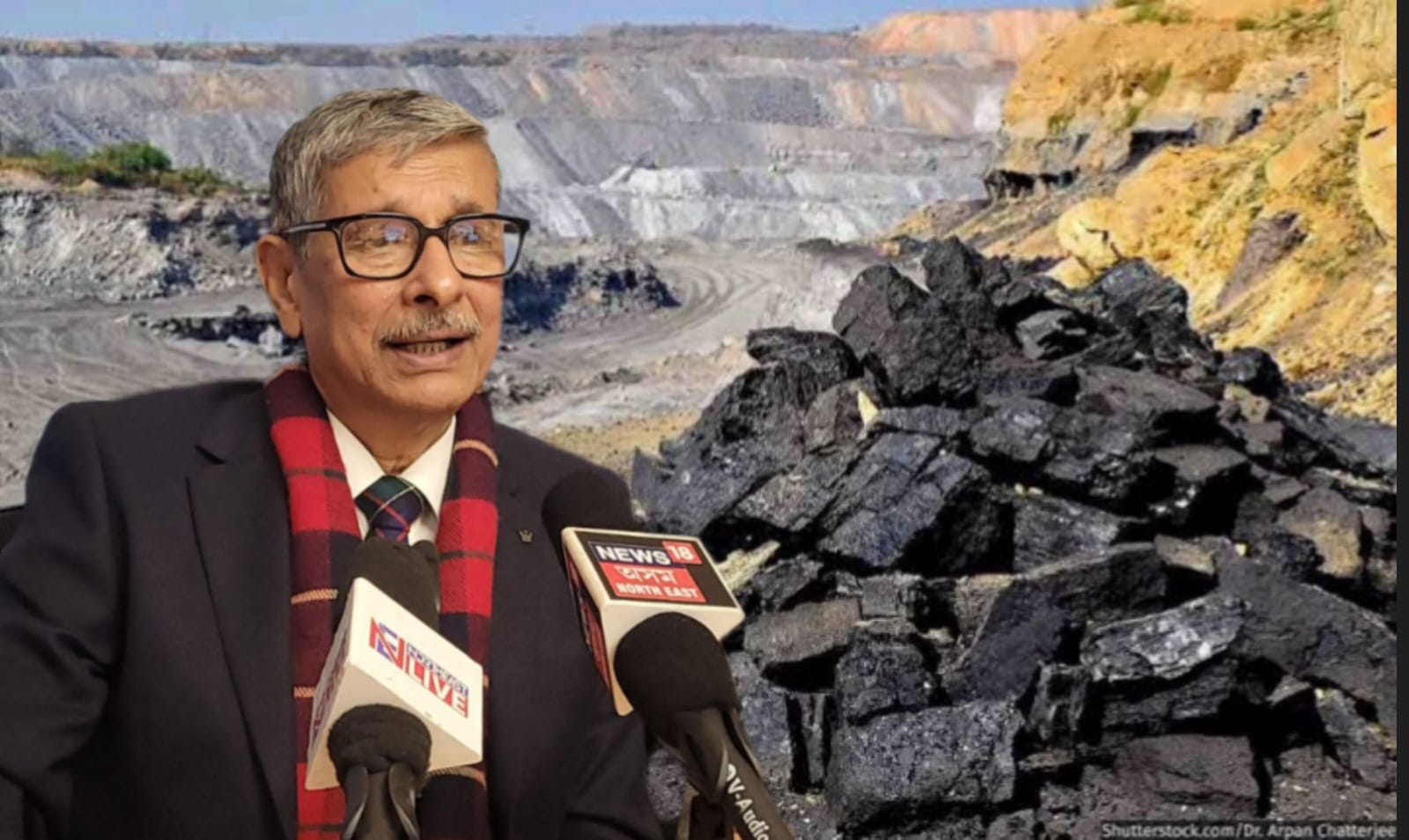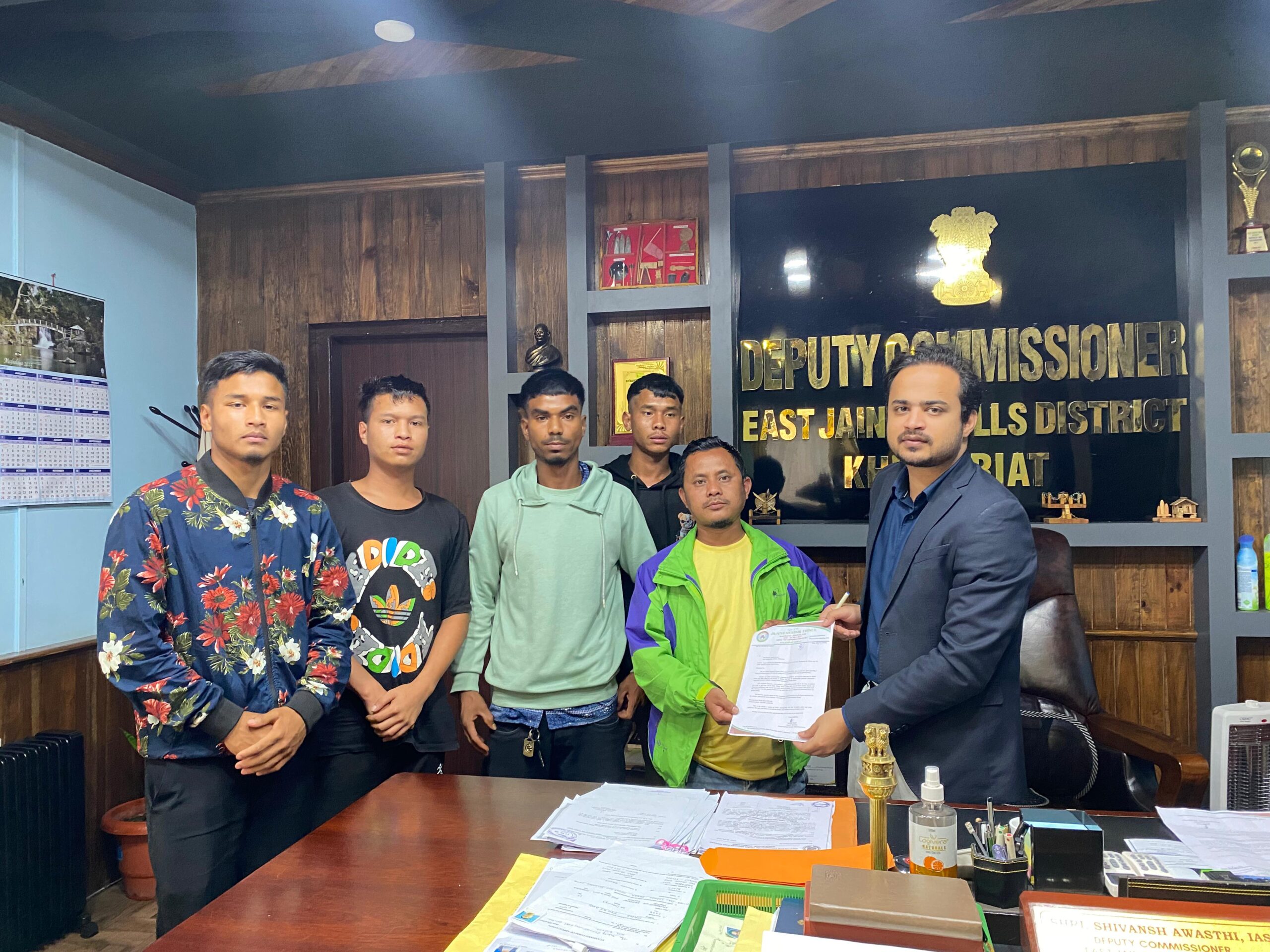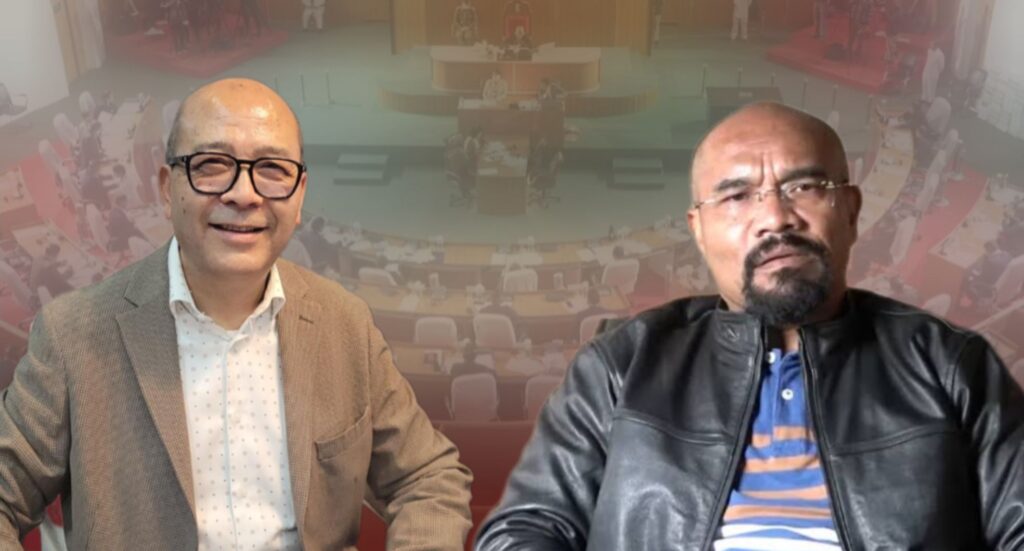
Shillong, June 2 — As the Voice of the People Party (VPP) gains traction in Meghalaya’s political landscape, questions loom over the future of older regional forces like the United Democratic Party (UDP) and the Hill State People’s Democratic Party (HSPDP). But amid growing speculation of a political shift, UDP president Metbah Lyngdoh remains unfazed, choosing to focus on governance over electoral calculations.
“2028 elections are three years from now and political parties need to perform and stand on the aspirations of the people,” Lyngdoh told reporters, striking a tone of pragmatism rather than panic over the VPP’s emergence as a formidable voice.
Brushing aside the narrative that VPP’s surge has eroded UDP’s base, Lyngdoh reiterated his core responsibility. “It’s my duty as a president to see that I am working for the interest of the party. This is my job, my role as a leader of the party. I don’t go beyond that,” he said firmly.
In what appeared to be a subtle critique of election-focused politicking, the UDP chief emphasized that performance, not premature poll strategies, should be the party’s current priority. “My concern is about my own party. UDP is my job, my responsibility, and it is my duty to ensure how we move ahead looking towards 2028. But before we go thinking about 2028, we have to think now — what we are going to do for the people of the state in these another three years or less that we have.”
“If we keep on thinking about the next elections, where will the state reach? That is my bigger question here,” Lyngdoh said, cautioning against electoral myopia. “I wonder when somebody talks about how to win elections in 2028 — if you don’t perform today, how will you win elections? You please perform today first, deliver it, and then you will win elections in 2028.”
The remarks come at a time when the VPP, under Ardent Miller Basaiawmoit’s leadership, is rapidly positioning itself as a people-centric alternative, especially among the youth and first-time voters. While some political observers view this as a challenge to UDP’s traditional support base, Lyngdoh’s remarks reflect a confidence rooted in governance delivery rather than political counter-programming.
Whether the UDP can reclaim or retain its regional stronghold will be tested in the years ahead, but for now, its leader is choosing to keep his eyes on the work — not the polls.

